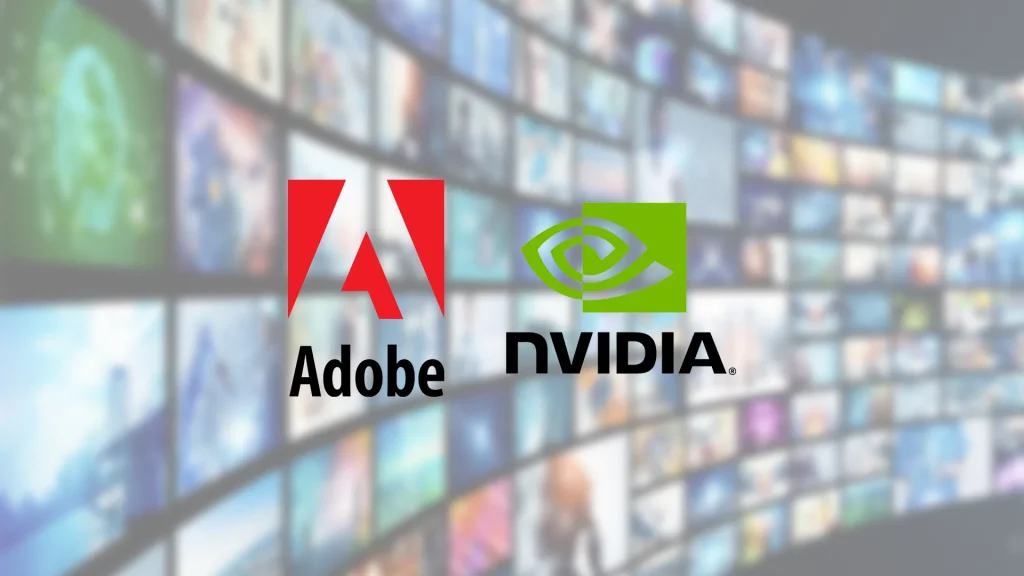Adobe has incorporated AI into popular software such as Adobe Photoshop and Adobe Illustrator, speeding up the image and text effects generation process. Creators whose work is utilized by these tools will be compensated. Nvidia unveiled “Picasso”, a service using AI to create images, videos, and 3D applications based on text descriptions. Nvidia trained Picasso on images licensed from Getty Images, Shutterstock, and Adobe, with plans to pay royalties.
Adobe, Nvidia AI imagery systems aim to resolve copyright questions
These developments represent a significant milestone in the ongoing debate between copyright holders and emerging technology. Image-generation technology is often trained on billions of images, but the legality of this usage is not always evident. Getty Images sued Stability AI earlier this year for copying over 12 million images without permission.

Getty Images CEO Craig Peters praised the collaboration with Nvidia as a testament to responsible AI development and the unique nature of Getty Images content. Peters emphasized the importance of using permissioned data, visuals, and respecting individual privacy. Adobe’s AI-enhanced feature, “Firefly,” allows users to generate images, illustrations, or videos using textual descriptions.
As the AI has been trained on Adobe Stock images, openly licensed content, and older content with expired copyrights, the generated creations are safe for commercial use. Adobe also supports a universal “do not train” tag, enabling photographers to request their content not be used in training models.
Adobe’s Ely Greenfield emphasized the importance of making the system creator-friendly. If users request an image in a specific artist’s style, the system will not replicate the style but offer the artist an opportunity to sell the right to use their style. Nvidia’s Picasso AI-image generator is part of a suite of AI-powered cloud products introduced at the GTC Developer Conference. Nvidia’s Greg Estes noted the importance of working with partners like Getty to ensure that generated images have a clear provenance.
Jun-Yan Zhu, assistant professor at Carnegie Mellon’s Robotics Institute, suggested that photographers and artists could potentially benefit from using AI technology to license their artistic styles. Getty’s Peters highlighted the importance of respecting intellectual property rights and fairly compensating artists for their work, especially for commercial purposes.
RELATED:
- Honor Magic5 Pro vs Samsung Galaxy S23 Ultra: Specs Comparison
- Xiaomi launches new MIJIA Air Purified in China with 99% Virus removal
- OPPO FIND X6 PRO Review Part 1: Triple Main Cameras, All In One
- A New Era in Internet: Runway Unveils AI that Transforms Text into Videos
- Apple Secures Patent for NFC-Enabled Watch Bands: A Step Forward or a Crackdown on Third-Party…
(via)







